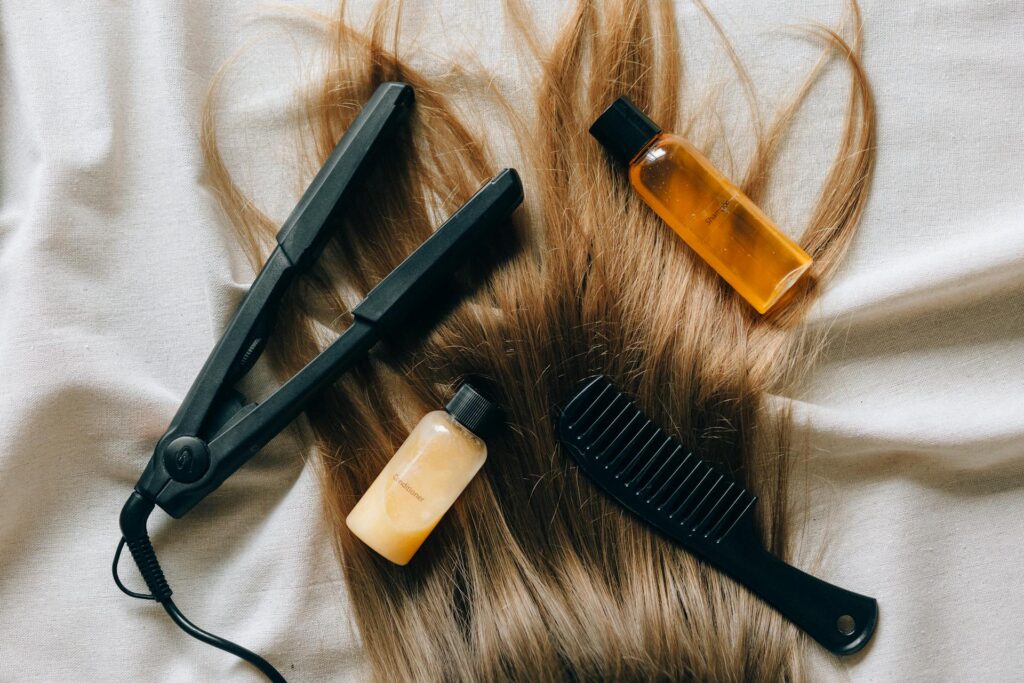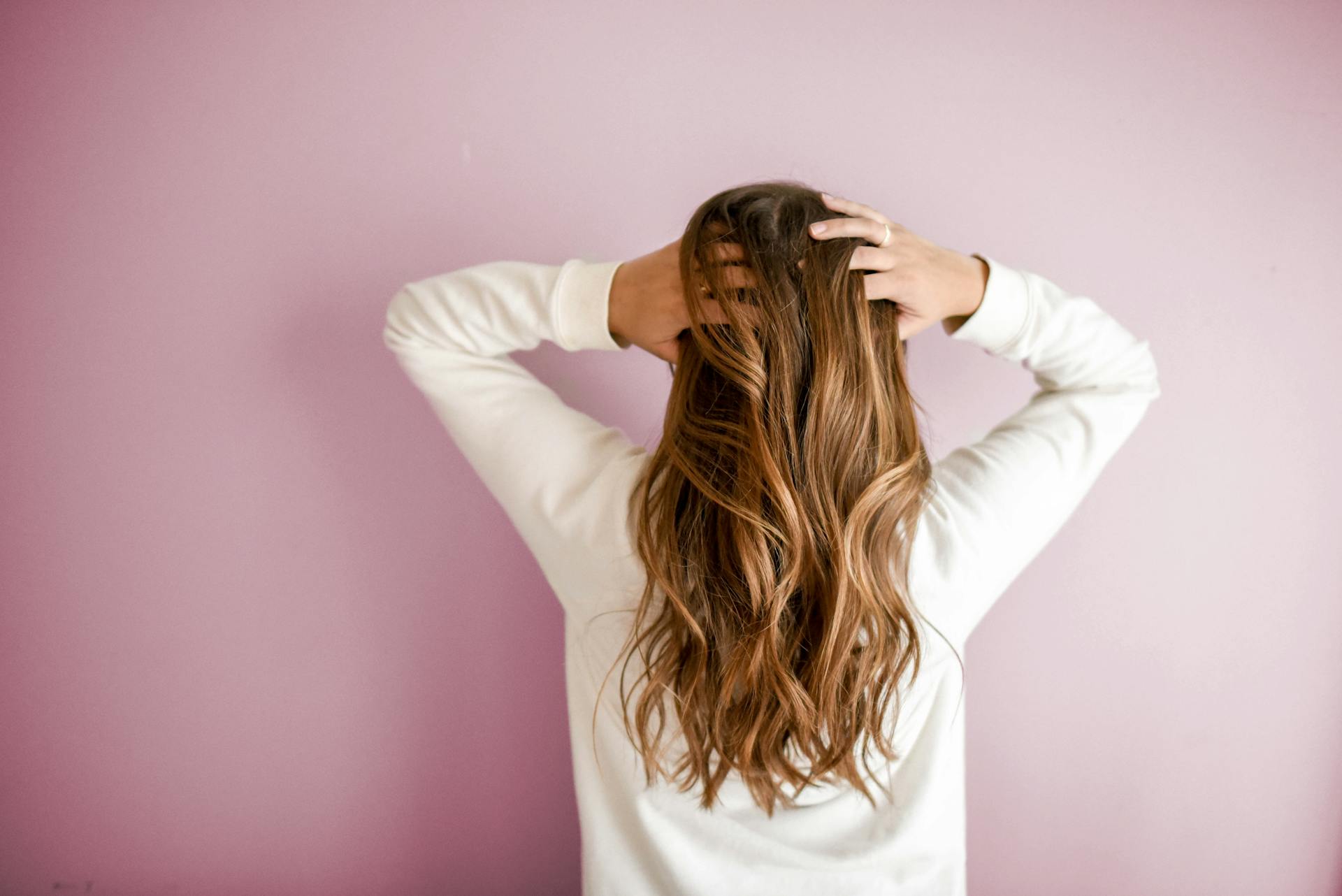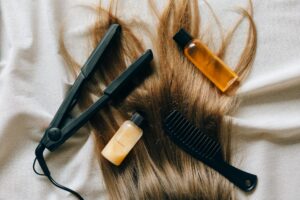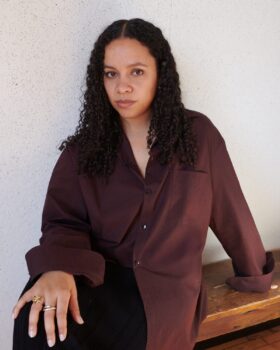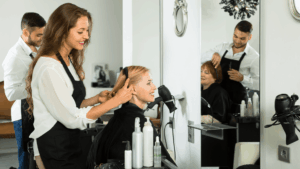If your hair’s dry, thinning, or just not cooperating, a one-time fix isn’t going to change it.
What helps? It’s the small things you do every day, like how you shower, what you eat, and even how you sleep can all affect the strength, shine, and thickness of your hair.
Healthy hair does not come from a miracle product, and it also does not need to cost a fortune. Let’s have a look at some basic habits that actually work.
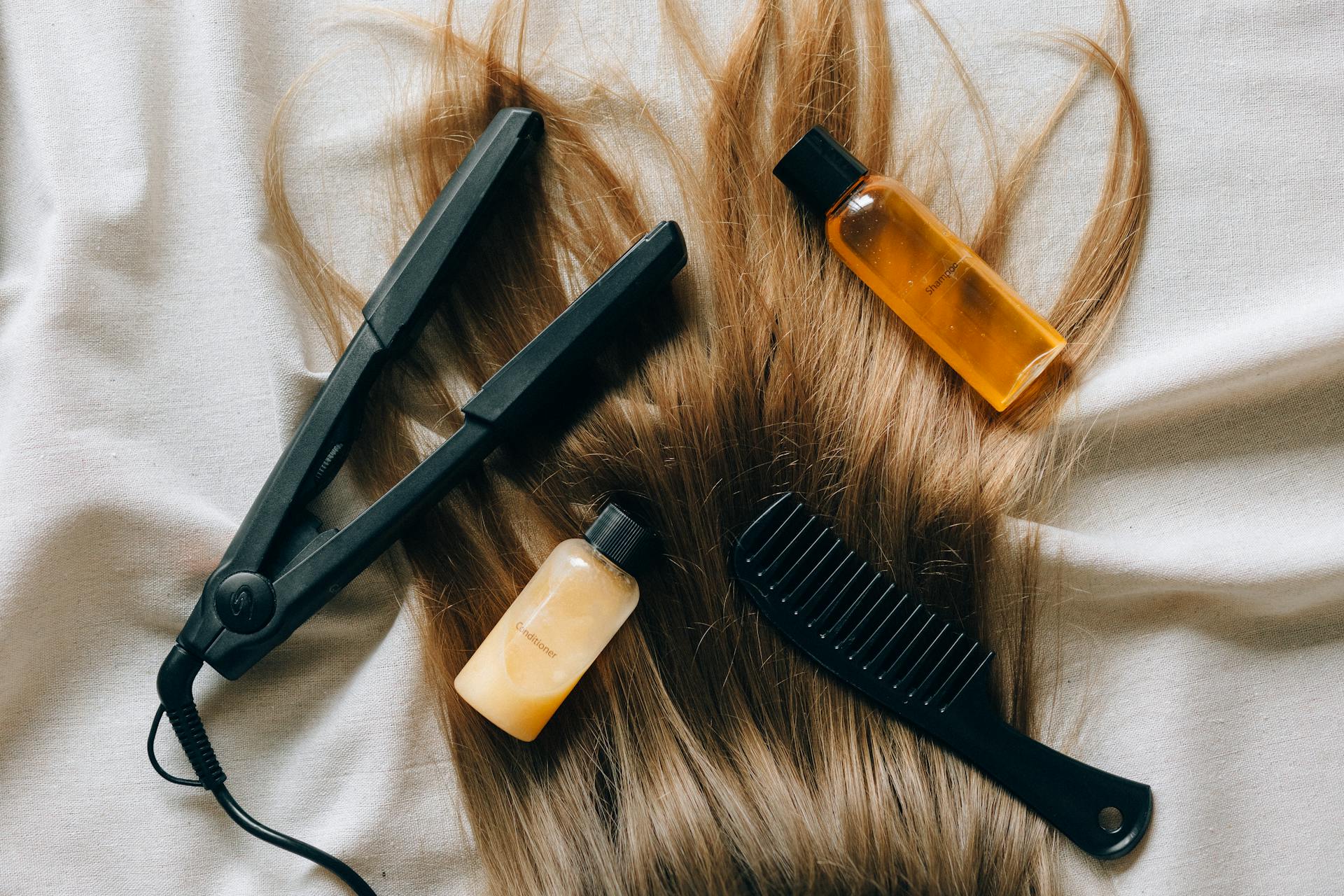
How to Build a Daily Routine That Supports Hair Health
Start Your Morning the Right Way
First things first, don’t brush roughly through your knots. Rather, use a wide-tooth comb or soft brush and work from the bottom of your hair upwards. This prevents breaking your hair and split ends. It also spreads your scalp’s natural oils.
When it comes to styling your hair, avoid tight ponytails or styles that pull your hair. They’re rough on your roots and can cause a receding hairline. Switch to a looser hairstyle whenever you are able to.
If you’re heading out, a bit of leave-in conditioner or serum helps, especially if it’s dry or windy out.
And the sun? It does not just affect your skin but also your hair. In areas like Sarasota, where the sun’s almost always out, a UV spray or a simple hat can make a big difference.
How You Wash Your Hair Matters (a Lot)?
First off: Stop washing your hair every single day. Unless your scalp is super oily, daily shampooing just strips away all the natural oils.
What to use? Anything sulphate-free with ingredients like coconut oil or aloe is a good start.
And skip the hot water on your hairwash day. Lukewarm or cold is way better if you want to keep your hair smooth and less frizzy.
Conditioning? Only focus on the midsection and ends; that’s where your hair needs the help. Never apply it to your scalp. Applying conditioner to the scalp can make it greasy and weigh down the roots, leading to buildup and flat-looking hair.
3. Post-Shower Care Tips and Styling
When you towel-dry your hair, don’t scrub. Rubbing your hair only leads to breakage.
Grab a detangler or a wide-tooth comb. Start at the bottom, go slow, and work your way up.
When it comes to blow-drying your hair, if you can, skip it. Unless you have extremely thick hair or hair that takes a really long time to dry, use your blow dryer on a lower heat setting. And always…always.. use a heat protector.
4. The Importance of Nutrition and Hydration
What you eat shows up in your hair. Protein is really important. Your hair needs it to grow. Have some eggs, salmon, lentils, or even a protein shake if you’re in a rush.
Omega-3s are underrated when it comes to hair health. They keep your scalp in check and your hair feeling soft. Grab some walnuts, flax seeds, or oily fish.
Don’t forget vitamins either. A, C, D, E, Biotin- they’re all part of the equation. Spinach, berries, carrots, avocados… try mixing a few into your meals.
Another huge factor is water. If your hair’s dry and snapping, there’s a good chance you’re not drinking enough water.
Supplements can also help, but consult your doctor first.
5. Evening Hair Care Habits
Give your hair a quick brush before bed. Nothing intense, just enough to stop tangles from building up overnight.
Swap your pillowcase for silk or satin. You’ll notice fewer tangles, less breakage, and smoother hair in the morning.
Thinking of using oil or a deep leave-in overnight? Do it. Just don’t drench your head.. A little goes a long way.
Additionally, never go to bed with wet hair. It weakens your strands and makes them easier to break while you sleep. It’s also not healthy for your scalp.
6. Weekly and Monthly Additions to Your Routine
- • Once a week, apply a deep conditioner or a hair mask. It helps rebuild the parts your everyday routine can’t fully reach.
- • Massage your scalp. Two or three minutes while you’re watching TV is enough. It wakes up blood flow and might even help with growth.
- • Trim your ends. Every 6 to 8 weeks is a good choice. You don’t need a full cut, just the dry, splitting bits at the bottom. Otherwise, you will have a bit of length but not the volume due to breakage, and it just won’t look healthy.
Also: tweak your routine with the seasons. Your hair needs more hydration in winter, and in summer, especially if you live in a humid area like Charlotte, frizz and oil can creep in, so lighter products and extra scalp care can really help.
Conclusion
Hair routines don’t need to be overly complicated, but they need to be consistent.
You also don’t need 12 products or to spend a fortune every month. You just need to do the small things, every single day, without skipping.
Healthy hair starts with daily care: Stick with it, and your hair will thank you for it in the long run.

fashionabc is a fashion technology platform, comprising a digital directory and various other digital tools and supply chain solutions for the fashion industry ecosystem, that focus on ethical fashion and sustainability. We are building inclusive digital transformation tools for fashion professionals who are willing to take steps towards a more sustainable ethical fashion industry, by adopting AI and DLT blockchain technology.
* building digital profile and IP solutions for fashion businesses
* tackle issues such as provenance and counterfeit in supply chain
* contribute to the construction of a meritocratic ethical fashion industry which is certified and part of the circular economy


